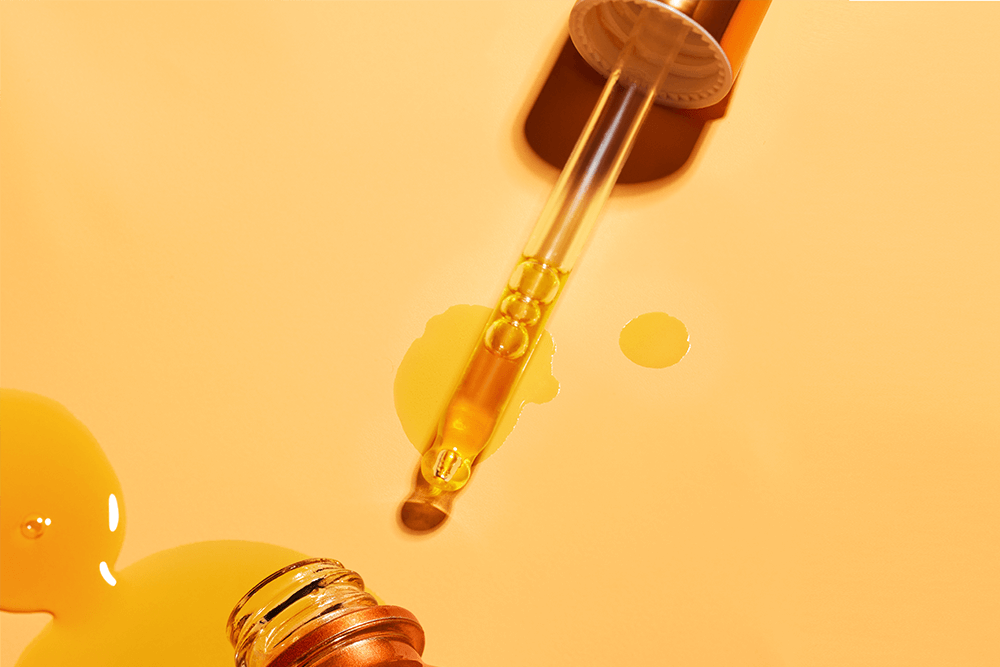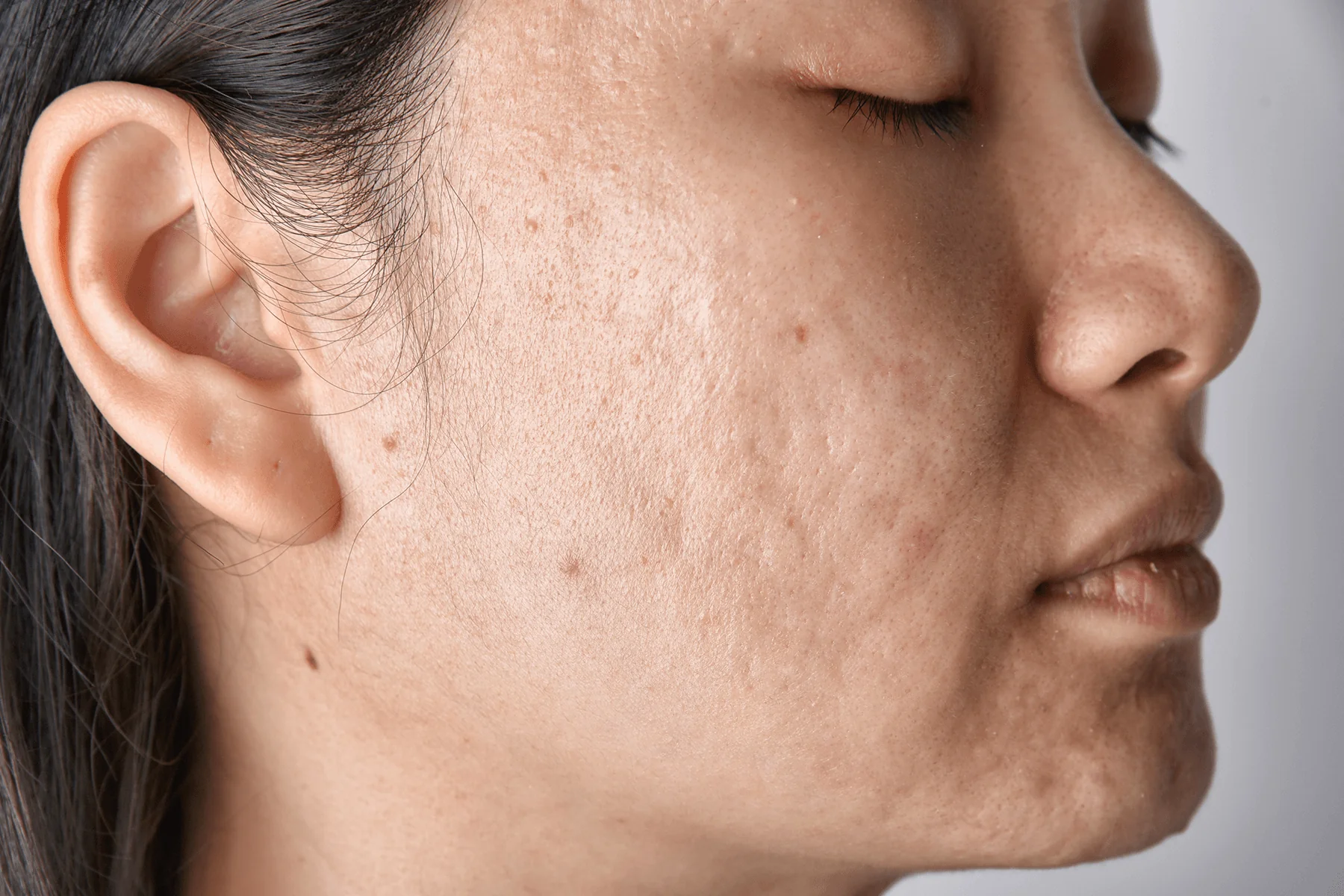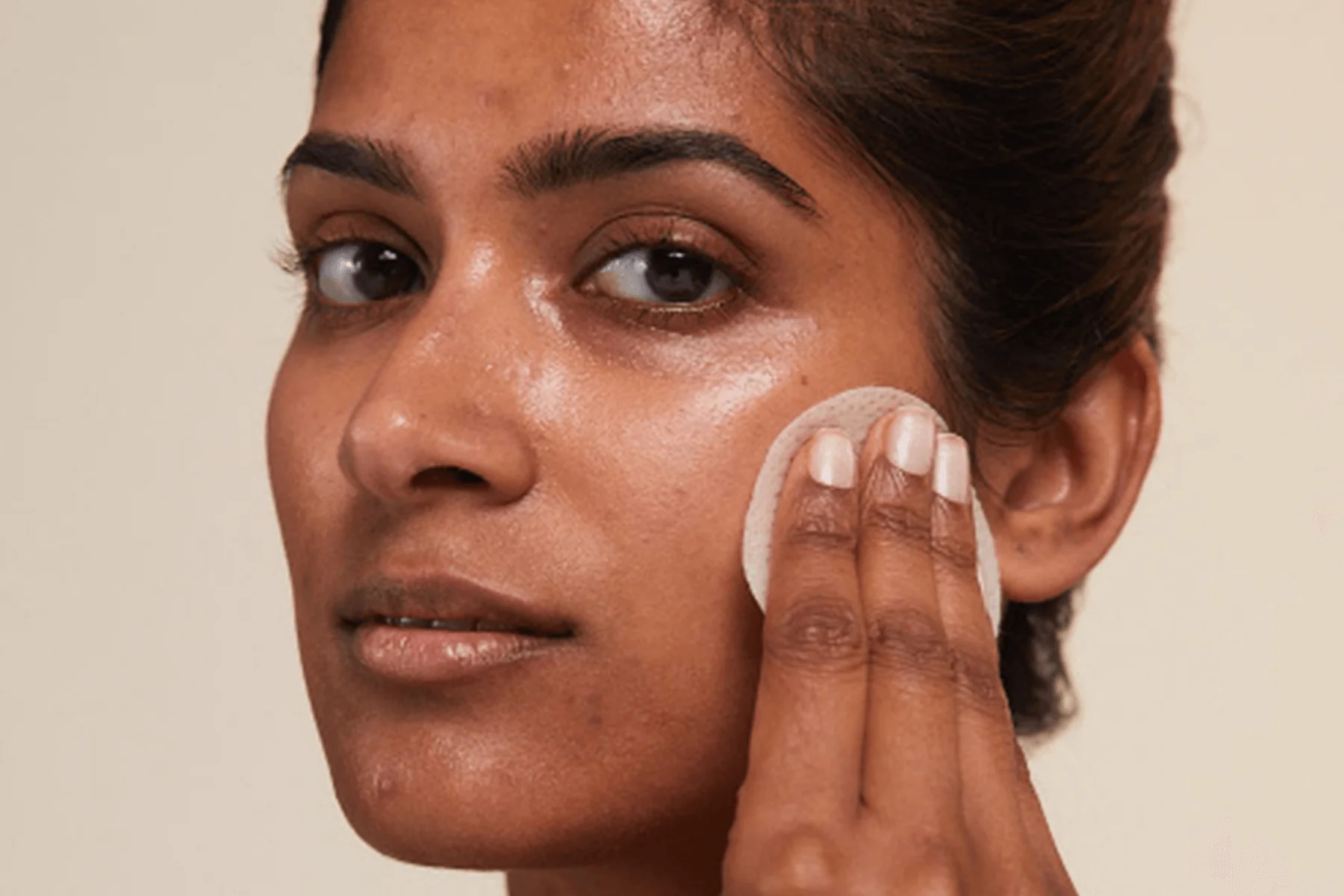The+Source
The benefits of vitamin C are legion: It’s a super potent antioxidant that’s like kryptonite to skin-damaging free radicals; it’s able to minimize discoloration and dark patches by blocking pigment production; it reduces the number of acne lesions because its anti-inflammatory properties help control sebum manufacture; it can lessen the appearance of fine lines and wrinkles since stimulating collagen growth is just another of vitamin C’s proven abilities. But wait, there’s more! Research has shown that topically applied vitamin C can also minimize the look of acne scars.
How Vitamin C Works
Scars form as part of the healing response to a wound in the skin. Collagen is an integral part of this process as it’s a necessary component in the new tissue required to heal a wound. And vitamin C is a key player when it comes to creating collagen. Even though collagen and wounds are usually discussed in the context of repairing fresh injuries, since collagen helps make healthy tissue, it can impact older scars as well and improve their appearance. And since scientists already know that topical vitamin C can help reduce post-inflammatory hyperpigmentation (which often results from a breakout), it stands to reason that vitamin C could also help minimize the discoloration of acne scars.
That said, while you don’t necessarily want to apply topical vitamin C directly into an open sore, you also shouldn’t wait for a rainy day to begin treating your acne scars. While studies have shown the effectiveness of a combination of topical vitamin C and hyaluronic acid on scars more than four weeks old, there’s not a lot of data demonstrating how well vitamin C works at reducing long-ago acne scars. The takeaway here is: Don’t wait to start treatment.
How to Use Vitamin C For Acne Scars
You can apply your vitamin C serum morning and night. (Since vitamin C is so beneficial for all areas of your skin, there’s no reason to use it just as a spot treatment on acne scars. Smooth a layer of vitamin C serum over your entire face and thank us later.) But first, check your serum’s formulation. Look for vitamin C that’s labeled “ascorbic acid.” That’s because the skin doesn’t just welcome any old vitamin C with open arms. The ascorbic acid form absorbs into the skin better than other topical kinds of vitamin C.
If your complexion is on the sensitive side, you may want to start with topical vitamin C once a day. (Morning is ideal since vitamin C also works as a safety net to squash any free radicals that get past your sunscreen.) Regardless of how often you apply your vitamin C, consistency is key. For one, you’ll see the fastest results that way. Secondly, as previously noted, vitamin C also helps regulate sebum production, reducing the chances of a breakout down the road. Consistent use of vitamin C will go a long way toward preventing acne scars from even becoming something you need to deal with.
One Caveat
There are two types of skin scars: atrophic and hypertrophic. Atrophic scars are deep and result from trauma – and healing – below the skin’s surface. (Ice pick scars are one example of an atrophic scar.)
Hypertrophic scars are the opposite of the atrophic kind. They’re often thick and raised and are the result of too much collagen being made in response to an injury, as opposed to not enough.
Vitamin C has only been shown to be successful at helping reduce the appearance of hypertrophic scars because of its ability to regulate collagen production. If you suffer from atrophic acne scars, your best bet is to see your dermatologist to develop a treatment plan that will likely involve some sort of in-office component.
Discover Dr. Dennis Gross Skincare for All Your Skincare Needs
For more skincare tips from the experts at Dr. Dennis Gross, check out our blog’s newest content today. Shop the collection of Dr. Dennis Gross bestselling skincare backed by dermatologists.








